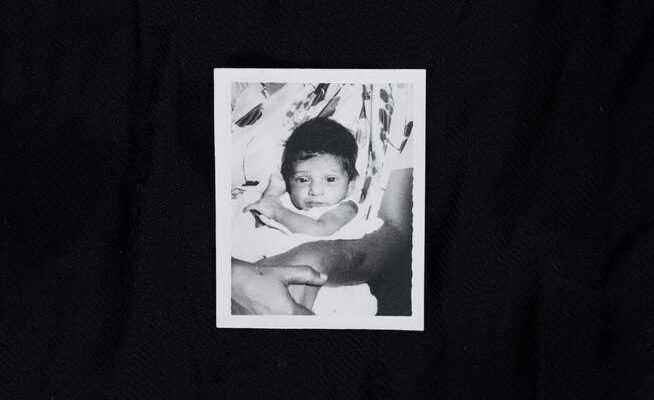How the authorities failed in child trafficking in Sri Lanka cannot be undone. So far, the way they are processing the adoptions deserves recognition.
What was is much more than history. It is also present.
The canton of St. Gallen presented a report with 65 pages and 264 footnotes on Thursday.
The report followed a report from the Federal Office of Justice, presented two years ago, 70 pages and 278 footnotes, a report that referred to another report written by historians on behalf of the federal government, 289 pages and 1476 footnotes, which in turn referred to referred to an older report from 2018, written by a historian on behalf of the canton of St. Gallen, 74 pages, 324 footnotes.
That makes 500 pages and 2300 footnotes, which can be summarized in one paragraph like this: Between the 1970s and 1990s, Swiss couples traveled to Sri Lanka and came back with a baby. In many of the approximately 800 cases, the adoption was illegal. The consent of the Sri Lankan parents was often lacking, and identities were forged or concealed in court. Swiss authorities were aware of the illegal practices but looked the other way. They tolerated child trafficking.
Or in one sentence: What happened in Switzerland and Sri Lanka is inexcusable.
The 500 pages and 2,300 footnotes tell about Swiss authorities that did a lot wrong at the time, but because these 500 pages and 2,300 footnotes now exist, they also tell about authorities that are doing a lot right today.
In winter 2020, Justice Minister Karin Keller-Sutter presented herself to the media and said: The Federal Council recognizes the omissions and misconduct. She expresses her regrets to the adoptees on behalf of the Federal Council.
There had previously been no media pressure, no comments demanding ultimate action. The Federal Councilor spoke in the Bern media center in front of a practically empty room, because the media is more interested in what is to come than what was. But what was is much more than history. It is also present. The Federal Council understood this in the case of adoptions from Sri Lanka.
He had the current practice with international adoption reviewed. He set up a panel of experts to propose corrections to the current law. He supports adoptees from Sri Lanka financially if they want to try to reconstruct their story on site. When sperm donation for lesbian women was discussed in parliament, Karin Keller-Sutter insisted: These children must be guaranteed the right to know their own origins.
The cantons are also doing the work, they were and are primarily responsible for adoptions in federal Switzerland. The canton of St. Gallen was the first to apologize. The conference of cantonal justice directors later expressed regret on behalf of the cantons and additional investigations were commissioned.
In this way, footnote after footnote comes to light as to how what happened could happen. And it’s not like actors aren’t scared of the results. In addition to St. Gallen, the cantons of Thurgau and Zurich also have the adoption dossiers processed. Above all, however, the federal government had the archive inventory on adoptions from other countries checked. A first report should show in autumn: How many were there? Where did they come from? Under what circumstances did they come to Switzerland?
Before the year 2000, three times as many children were adopted from India alone as from Sri Lanka. Unfortunately, there are indications that the circumstances of these adoptions were no better than in Sri Lanka. Maybe even worse.
If that’s really the case – if Sri Lanka was just the beginning: then the federal government must carry out a larger, more comprehensive review. Then the 500 pages and 2300 footnotes on Sri Lanka that have been published so far must be followed by many more.
